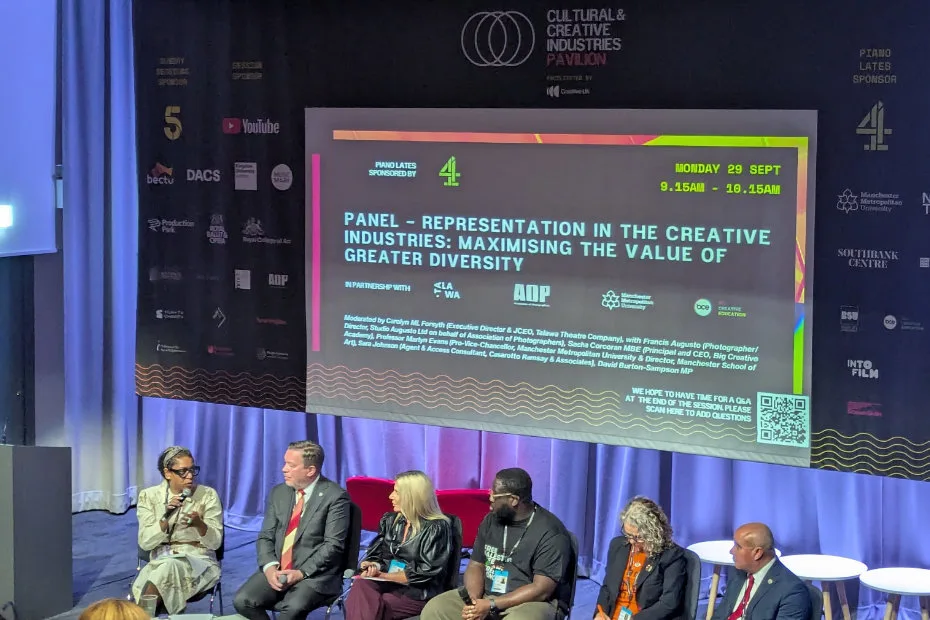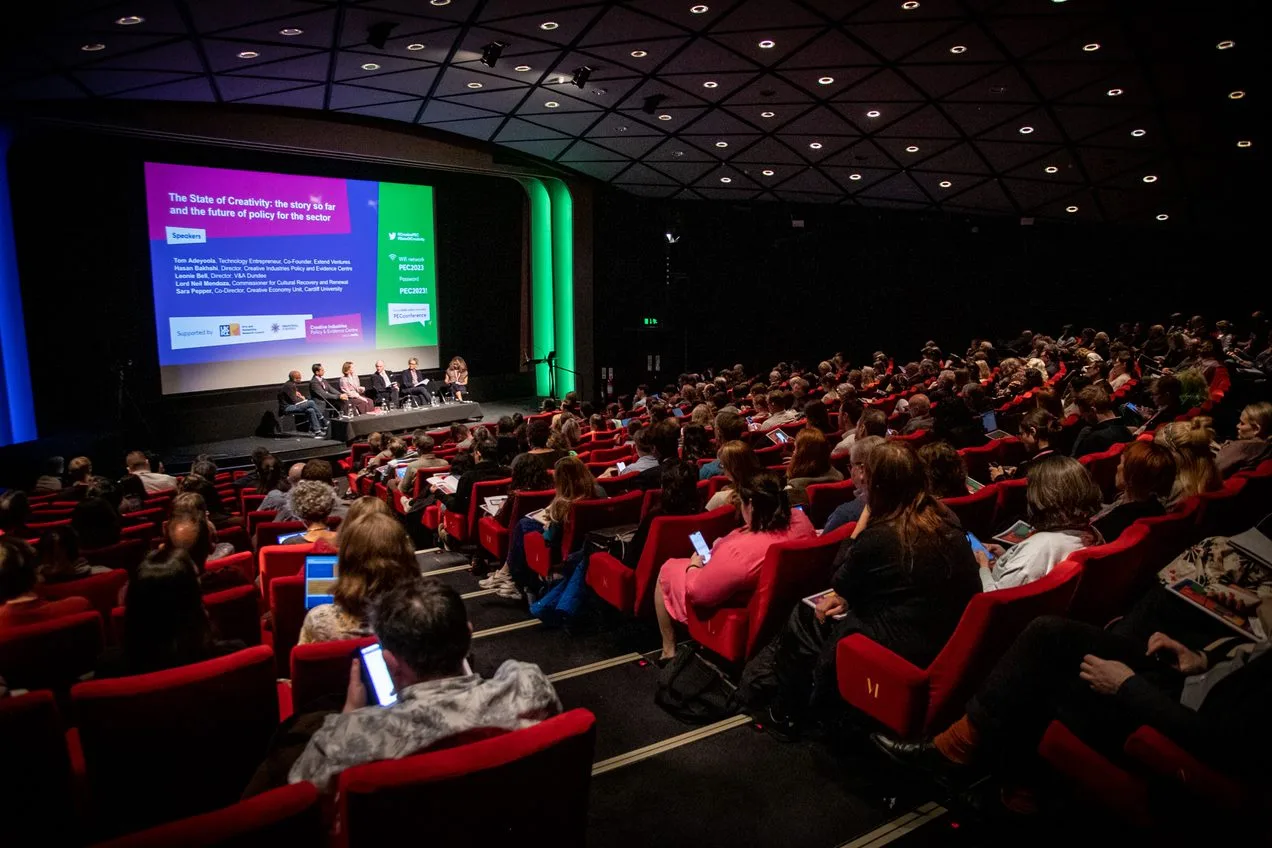Schlesinger argues that in capitalist democracies we can only guess at how the post-public sphere will develop in the future. In previous work on the public sphere he explored the possibility of a supranational communicative space for deliberation in the European Union, and explored the associated questions about national identity and state sovereignty. In 2020, while the key issues remain the same, the political landscape is marked by intensifying geopolitical tensions, the deliberate fostering of irrationalism by political leaderships in a number of democracies, and increasingly unbridled xenophobia. Political developments have been fuelled by the proliferation of new communications technologies and are occurring against the background of a long-running economic crisis, exacerbated by the COVID-19 pandemic.
In the UK, we are contending with the continuing effects of the Brexit vote, and in Scotland we live with the fallout following the close result of the 2014 independence referendum. For those interested in reading more about Scotland’s post-devolution media and the wider forces driving change in the communications ecology, Schlesinger’s recently updated opinion piece for the Centre on Constitutional Change, Scotland’s Media, politics and the digital revolution, will be of relevance. It draws on his chapter in the new Oxford Handbook of Scottish Politics. Identifying our communicative space as a post-public sphere is a critical way of describing its current condition, recognising that we are in a transitional phase, with multiple factors at play and an indefinite outcome.
The connected issue of the regulation of communication technologies is examined in a workstream on Platform Regulation, a current and developing area of work conducted as part of the PEC. In the post-public sphere, regulation has become of key strategic importance as a possible route to devising a new system of rules of the game. The first phase of the project, provides an empirical mapping of the regulatory landscape in the UK. With platforms being increasingly defined as a distinct new regulatory object, what are the UK’s options in this rapidly evolving terrain? The project maps the statutory basis and duties of key UK regulators and looks ahead to potential new responsibilities, set in the context of international developments.
Since 2016 there has been a succession of new policy initiatives targeting online platforms. The German NetzDG Law of 2017 requires social media platforms to remove manifestly unlawful content within 24 hours, enforced by high fines and audited through reporting requirements; Australia launched a far-reaching digital platform inquiry in 2017 focusing on competition issues associated with the US tech giants Facebook and Google (investigated in another CREATe project); the European Commission has committed itself to a Digital Services Act, potentially creating a pan-European digital regulatory system. Given the global nature of platforms, we also need to remember the crucial international dimension of all present regulatory initiatives. Effective regulation will require international cooperation.
That was one of the issues that arose in evidence given by Schlesinger and PEC colleague Caitriona Noonan to the House of Commons Digital, Culture, Media and Sport committee’s inquiry into the future of public service broadcasting at its session on 17 November 2020. Noonan also underscored the importance of support for de-centralised audiovisual production capacity in the UK’s smaller nations and also of the need to underpin language diversity in the UK, especially Welsh, given its pivotal role in Wales. Schlesinger argued that in facing the challenge of streaming platforms (SVoDs) it was important to re-establish the case for a public service dimension that is well-funded and capable of reaching all key demographics in order to secure its legitimacy and contribute to a renewed public conversation.
The aforementioned state of flux in the public sphere has brought the regulation of communications to the fore, and with it, heightened the debate about the regulation of platforms. Looking to the future, regulation will be absolutely key to the development of the public sphere. We are witnessing the formation of a new regulatory field with multiple initiatives now being taken. Although the bodies making those decisions are aware of each other, there is a lack of transparency regarding the current extent of cooperation being undertaken. In particular, questions arise about the extent to which the current pragmatic adaptation by regulatory bodies has been driven by a mis-match between the present needs of regulation and the legacy of a piecemeal approach to creating agencies. What is the scope for future convergence over common issues in this fast-paced area? And what likely difficulties now arise for experts inside regulators, or for those advising them, as at a time of intensifying culture wars the field of ‘cultural prescription’ becomes increasingly contentious? Schlesinger’s research has focused on the constraints that shape how cultural agencies work and has also addressed how the drive in the academic world to achieve useful ‘impact’ has affected the norms and practice of university researchers when acting as experts.
Ultimately, Schlesinger reminds us that the point of public regulation is to establish systems that can identify violations and impose sanctions in the public interest. As with all examples of regulation within state systems, regulatory fields are always structured in power. This means that systems of regulation reflect the forces in play, and are driven by the continual play of contending interests. How culture and the creative industries are reflected in a regulatory field under pressure from rapid geo-political and technological developments is a key question that the PEC will investigate over the next year.
Image by Massimo Virgilio
The PEC’s blog provides a platform for independent, evidence-based views. All blogs are published to further debate, and may be polemical. The views expressed are solely those of the author(s) and do not necessarily represent views of the PEC or its partner organisations.
Related Blogs
Why London is investing in Creative Enterprise Zones
London Mayor Sir Sadiq Khan announces £2.2 million in new funding for Creative Enterprise Zones.
Research resources on Creative Clusters
We’ve collated recent Creative PEC reports to help with the preparation of your Creative Cluster bid…
What UK Job Postings Reveal About the Changing Demand for Creativity Skills in the Age of Generative AI
The emergence of AI promises faster economic growth, but also raises concerns about labour market di…
Creative PEC’s digest of the 2025 Autumn Budget
Creative PEC's Policy Unit digests the Government’s 2025 Budget and its impact on the UK’s creative …
Why do freelancers fall through the gaps?
Why are freelancers in the Performing Arts consistently overlooked, unseen, and unheard?
Insights from the Labour Party Conference 2025
Creative PEC Policy Adviser Emily Hopkins attended the Labour Party Conference in September 2025.
Association of South-East Asian Nations’ long-term view of the creative economy
John Newbigin examines the ASEAN approach to sustainability and the creative economy.
Culture, community resilience and climate change: becoming custodians of our planet
Reflecting on the relationship between climate change, cultural expressions and island states.
Cultural Industries at the Crossroads of Tourism and Development in the Maldives
Eduardo Saravia explores the significant opportunities – and risks – of relying on tourism.
When Data Hurts: What the Arts Can Learn from the BLS Firing
Douglas Noonan and Joanna Woronkowicz discuss the dangers of dismissing or discarding data that does…
Rewriting the Logic: Designing Responsible AI for the Creative Sector
As AI reshapes how culture is made and shared, Ve Dewey asks: Who gets to create? Whose voices are e…












